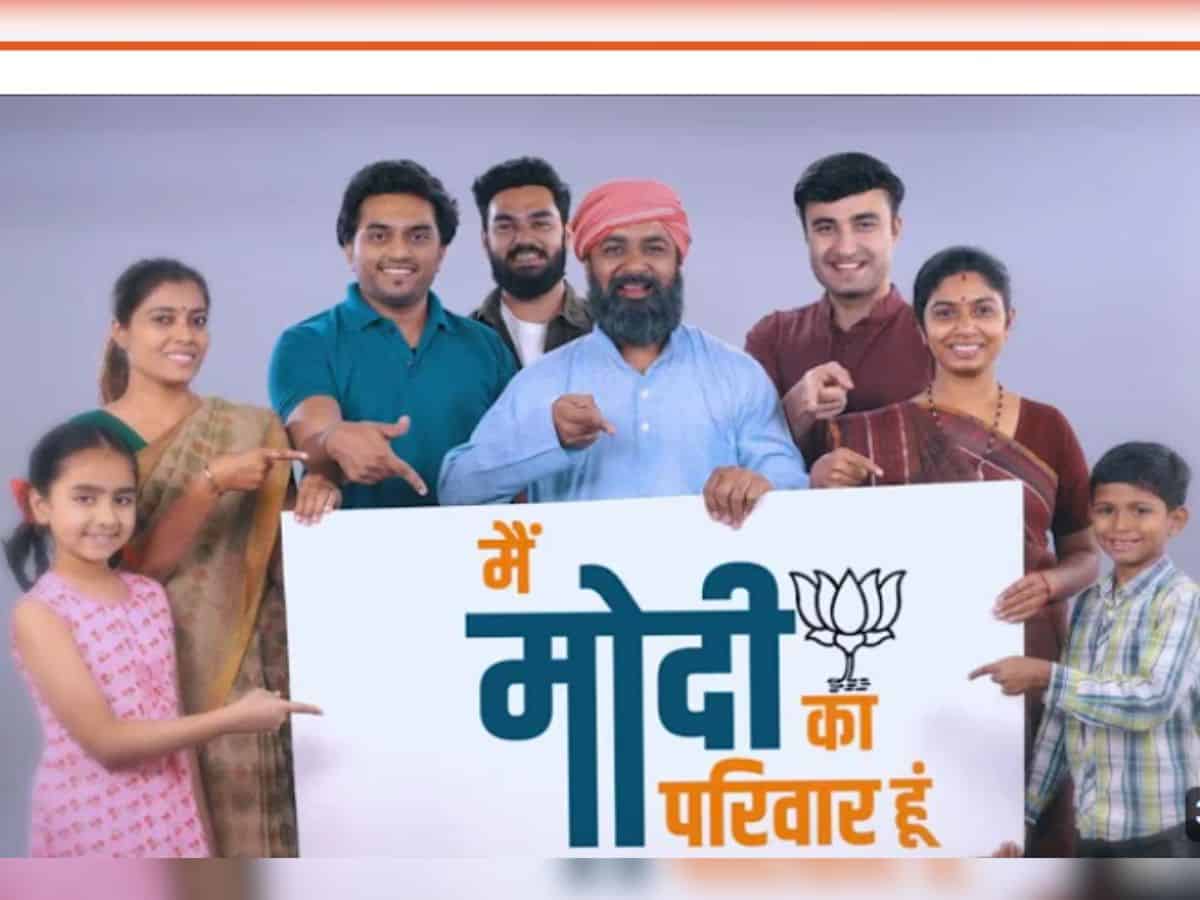
Amid the ongoing Lok Sabha elections 2024, a big revelation about the Indian government agencies has come to light. The agencies have come under scrutiny for allegedly spending millions of rupees to promote the election campaign of the Bharatiya Janata Party (BJP), Al Jazeera reported.
At the core of these allegations is promotion of BJP slogans through government-funded advertisements, which has sparked widespread outrage with many raising concerns about the impartiality of state institutions during the election.
BJP’s strategic use of slogans
The BJP, which recently became the world’s largest political party, has consecutively won 2 terms since 2014. The party led by Prime Minister Narendra Modi has a history of leveraging catchy slogans to bolster its electoral campaigns. From the iconic ‘Ab Ki Baar Modi Sarkar’ in 2014 to the recent ‘Abki Baar, 400 Paar‘ and ‘Modi ki Guarantee’ slogans, the party has strategically used taglines to reach voters on a mass level.
As per the analysis released on Tuesday, May 21, the Central Bureau of Communication (CBC), tasked with promoting government initiatives, has been accused of spending a substantial amount on Google advertisements that closely mirror the BJP’s election campaign messages. Critics have flagged concerns highlighting the impact of misuse of taxpayer money for partisan political purposes. Critics argue that these government-endorsed campaigns effectively serve the saffron party.
Digital advertisement blitz
CBC has purportedly started spam digital advertisement operations online, particularly on platforms like Google and YouTube featuring politically charged content of the BJP. The report reveals that the agency spent nearly Rs 38.7 crore (4.65 million USD) in digital ads over four months, which has made it the largest spender on political advertisements in the given period, surpassing even the BJP.
According to recently released Google Ads Transparency data, the CBC spending in this period was 41 percent more than the Rs 27.5 crore (3.3 million USD) the primary opposition Congress had spent in almost six years – between June 2018 and March 15, 2024.
Government promotions and party messaging
One of the key controversies stems as many CBC advertisements were part of the campaigns with slogans that independent election transparency activists and the opposition alleged were too close to the BJP’s promotional messages. For instance, an advertisement in February featured an actor assuring a father about his son’s entrepreneurial future under ‘Modi’s guarantee’, blurring the distinction between government assurances and party propaganda.
In March, a veteran opposition leader from Bihar, Lalu Prasad Yadav mocked PM Modi for not having a family during his speech. “Modi left his wife when he was younger and has no children,” he said.
Shortly after Yadav’s speech, BJP leaders started an online trend in which they changed names of their social media profiles, adding ‘Modi ka parivar’ (Modi’s family) next to their names.
Amid the uproar, the CBC instantly released advertisements with similar themes on YouTube and Google Ads, promoting the ‘Modi ka Parivar’ campaign.
In another advertisement released on March 9, Modi is seen with Indian armed forces celebrating Diwali, portraying them as part of the Modi family and chanting, ‘We are all Modi’s family’. The advertisement ran for five days and aimed to target between 6 and 7 million people. The government agency reportedly spent about Rs 5,50,000 (6,600 USD) on one of its most expensive individual advertisements.
Transparency concerns
Amid the flood of BJP party’s election campaign slogans on platforms, opposition parties have voiced concerns over the purported misuse of public funds for the BJP’s election campaign. Political leaders and transparency activists have launched a scathing attack on the Modi government, criticising him for centralising power and using state machinery for partisan gains.
On March 22, the country’s largest opposition party, the Indian National Congress (INC), filed a complaint with the Election Commission of India (ECI) alleging that these CBC advertisements violated election rules highlighting a broader pattern of government resources being exploited for electoral advantage. In its complaint, the Congress also accused the Modi government of politicising the country’s armed forces.
Pertinently, in June 1975, India’s then-Prime Minister Indira Gandhi was disqualified from office after a court found her guilty of using government machinery for her campaign.
In 2015, the Supreme Court issued guidelines emphasizing the importance of government advertising being devoid of political promotion and directly linked to the government’s constitutional duties and obligations.
Call for stricter regulations
After the series of violations of Model of code conduct, activists and experts stressed the need for stricter regulations to ensure a level playing field in Indian politics. A new Digital Advertisement Policy approved in November 2023 along with an increased budget allocation to the CBC in May 2023 has allowed the agency to conduct extensive digital ad campaigns, raising concerns about political expenditure control.
